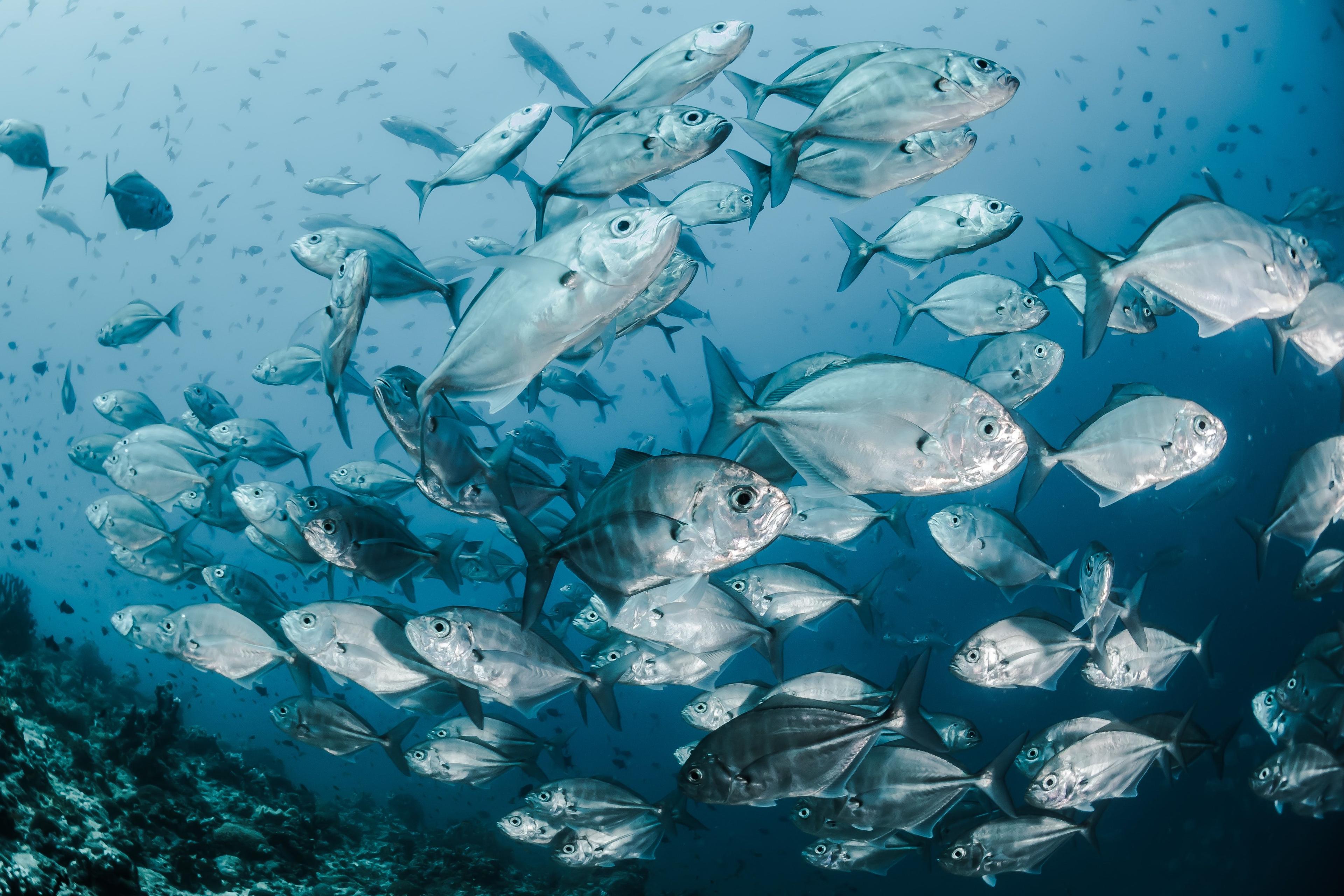The Albert Schweitzer Foundation (ASF) is an animal advocacy organisation based in Germany. It advocates for farmed animals, including laying hens, broiler chickens, and farmed fish.

What problem is the Albert Schweitzer Foundation working on?
ASF is focused on the single greatest source of pain and death for animals: the use of animals and animal products as a food source. In well-developed and affluent countries, a healthy diet does not require the death and suffering of animals for the production of food, which is why ASF promotes plant-based diets as the most ethical solution.
ASF recognises that the use of animals as a food source is not likely to end in the near future, so it works to reduce the suffering of all animals that are being raised, kept, and killed for the sake of food production.
What does the Albert Schweitzer Foundation do?
ASF relies on research, data, and strategic thinking to maximise the impact of its work. Specifically, ASF:
- Works with food companies to (a) reduce the number of animals raised for food, and (b) improve the welfare standards on factory farms — such as its role in ending the use of battery cages for egg-laying hens in Germany.
- Conducts outreach to encourage consumers to reduce their consumption of animal products through its Vegan Taste Week programme.
- Files lawsuits against violations of German animal welfare laws, with the hope of clarifying and improving such laws.
- Works with German politicians to encourage a more animal-friendly government.
- Coordinates with other animal advocacy organisations, for example to develop the European Chicken Commitment.
- Is a pioneer of farmed fish advocacy, working to improve the welfare standards of farmed fish via research, stakeholder engagement, and hosting conferences.
What information does Giving What We Can have about the cost-effectiveness of the Albert Schweitzer Foundation?1.
The impact-focused evaluator Animal Charity Evaluators (ACE) previously recommended ASF after conducting an evaluation of its work. In this evaluation, which was published in 2021, ACE wrote: “We believe that ASF’s corporate outreach program to implement animal welfare standards is effective and targets high-priority animal groups ... While the impacts of ASF’s legal, legislative, and lobbying activities are often indirect—therefore, their cost effectiveness is more difficult to evaluate—we are not concerned about this given their track record of achievements.”
At Giving What We Can, we focus on the effectiveness of an organisation's work -- what the organisation is actually doing and whether their programs are making a big difference. Some others in the charity recommendation space focus instead on the ratio of admin costs to program spending, part of what we’ve termed the “overhead myth.” See why overhead isn’t the full story and learn more about our approach to charity evaluation.